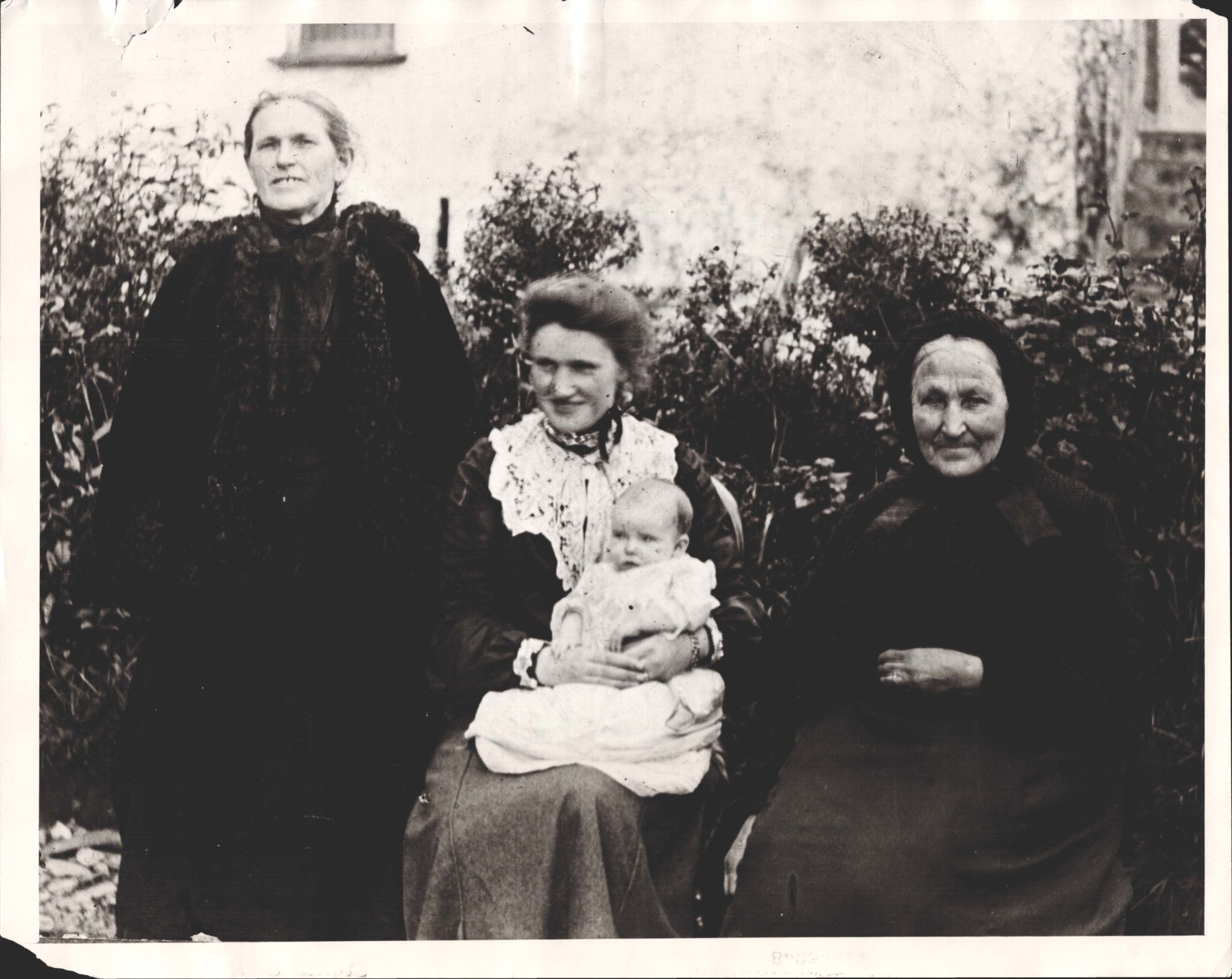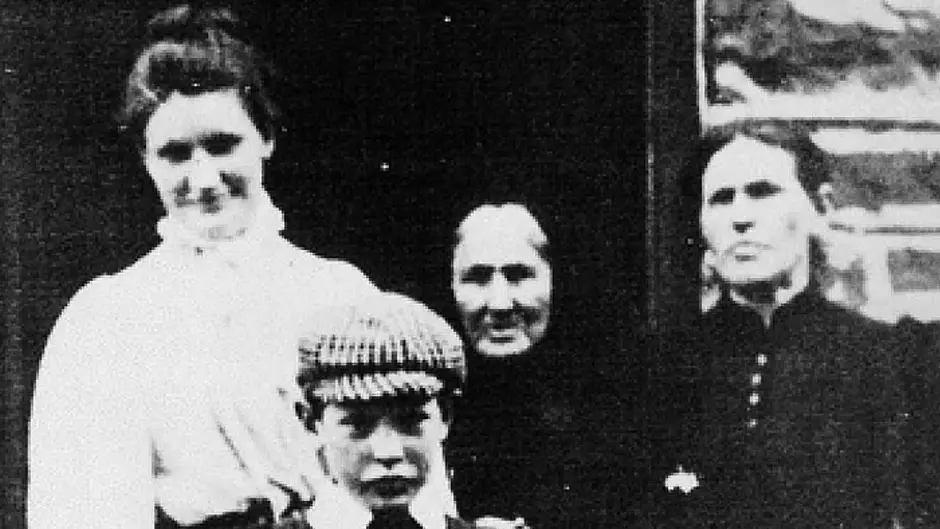This article originally appeared in our special 2022 supplement marking the centenary of Michael Collins' death – read the full supplement via southernstar.ie/epaper.
Having lost his father as a child, Michael was no doubt hugely influenced by his mother – who was a strong-willed and formidable role model.
MICHAEL Collins was born into a strong nationalist family. It was the genesis of all that would follow in his three short, turbulent decades in this world.
His early influences growing up at Woodfield, three miles west of Clonakilty, were, of course, his father Michael John Collins and his mother Mary Ann O’Brien.
Michael’s father – who was 60 when he married his 23-year-old bride – was already steeped in the history of the Battle of the Big Cross, having been born a mere 17 years after the battle.
Michael Collins, the youngest son in a family of eight, was raised listening to stories of the atrocities committed by the British militia. The battle had huge significance because it took place two miles north of Clonakilty, was the only battle fought in Munster in 1798, and resulted in the death of 120 local rebels.
‘I was a reverential kid,’ Michael Collins once said in an interview. ‘Reverence was not only instilled into me by my father. It seemed a natural trait.
‘Great age held something for me that was awesome,’ he said. ‘I was much fonder of old people in the darkness, than I was of young people in the daytime.
‘It’s at night you are able to get the value of old people. And it was listening to the old people that I got my ideas of
nationality.’
At the age of six, Michael’s father died and a new chapter in his life began. He saw his mother – an equally strong role model – show tremendous fortitude in raising the family of eight and running the family farm.
But it is Mary Ann, as a child, that provides yet another glimpse of the defiant streak in the Collins homestead.
It is said that Mary Ann received a slap from her teacher and had to stand out in class for a week after changing the wording of a rhyme – that was chanted in the presence of Lord Carbery – from ‘Please God help make me a good British child’ to ‘Please God help make me a good Irish child’.
Michael’s maternal grandmother, Johanna McCarthy, also told Michael stories about the Great Famine. She recalled seeing dead bodies on the roadside – more hellish recollections to mould the young Michael.
 Mary Ann O’Brien (Michael’s mother) with Mary Collins Powel, baby Nora Collins, and grandmother Mary
Mary Ann O’Brien (Michael’s mother) with Mary Collins Powel, baby Nora Collins, and grandmother MaryMcCarthy. (Photo: Michael Collins House Museum).
As a boy, Michael Collins was inspired by his teacher Denis Lyons at Lisavaird National School and he spent a lot of time listening to the stories of James Santry, the local blacksmith whose grandfather had made the croppy pikes in 1798.
At the age of 15, Michael emigrated to London, where he lived with his sister Hannah, worked in the post office and attended King’s College, where he passed the advanced civil service exams.
His involvement in the GAA, and his induction into the secretive Irish Republican Brotherhood in 1909 – having been introduced by Sam Maguire of Dunmanway – further shaped his sympathy for the nationalist cause.
Conscription – which was introduced in Britain in March 1916 – was abhorrent to Michael Collins. He had no wish to be forced to join an army that was occupying his homeland, so he returned to Dublin to fight in the 1916 rebellion.
His subsequent detention at the ‘University of Revolution’ at Frongoch in Wales, after the 1916 rising, convinced him that an Irish rebel army could not win a conventional war against British
forces.
It was at Frongoch that he was given the nickname ‘The Big Fellow’. It was, at the time, a kind of jibe about his strong presence and somewhat pushy personality.
But, as director of intelligence for the IRA, Michael Collins did indeed become a big fellow, a legend, and an elusive master of guerrilla warfare.
With a price on his head, Michael lived a precarious life, yet his organisational skills and immense work ethic succeeded in creating and operating a vast and incredibly successful intelligence network.
His formation of an elite assassination unit known as ‘The Squad’ also played a huge role in bringing about victory in Ireland’s War of Independence.
It has been said that Michael Collins never did anything without first asking the question: ‘What am I hoping to achieve by doing this?’
In reasoning everything out, he became a master strategist who was keenly aware that his own ‘legend’ status could be used as a weapon, and he was prepared to use any weapon at his disposal to defeat the British.










